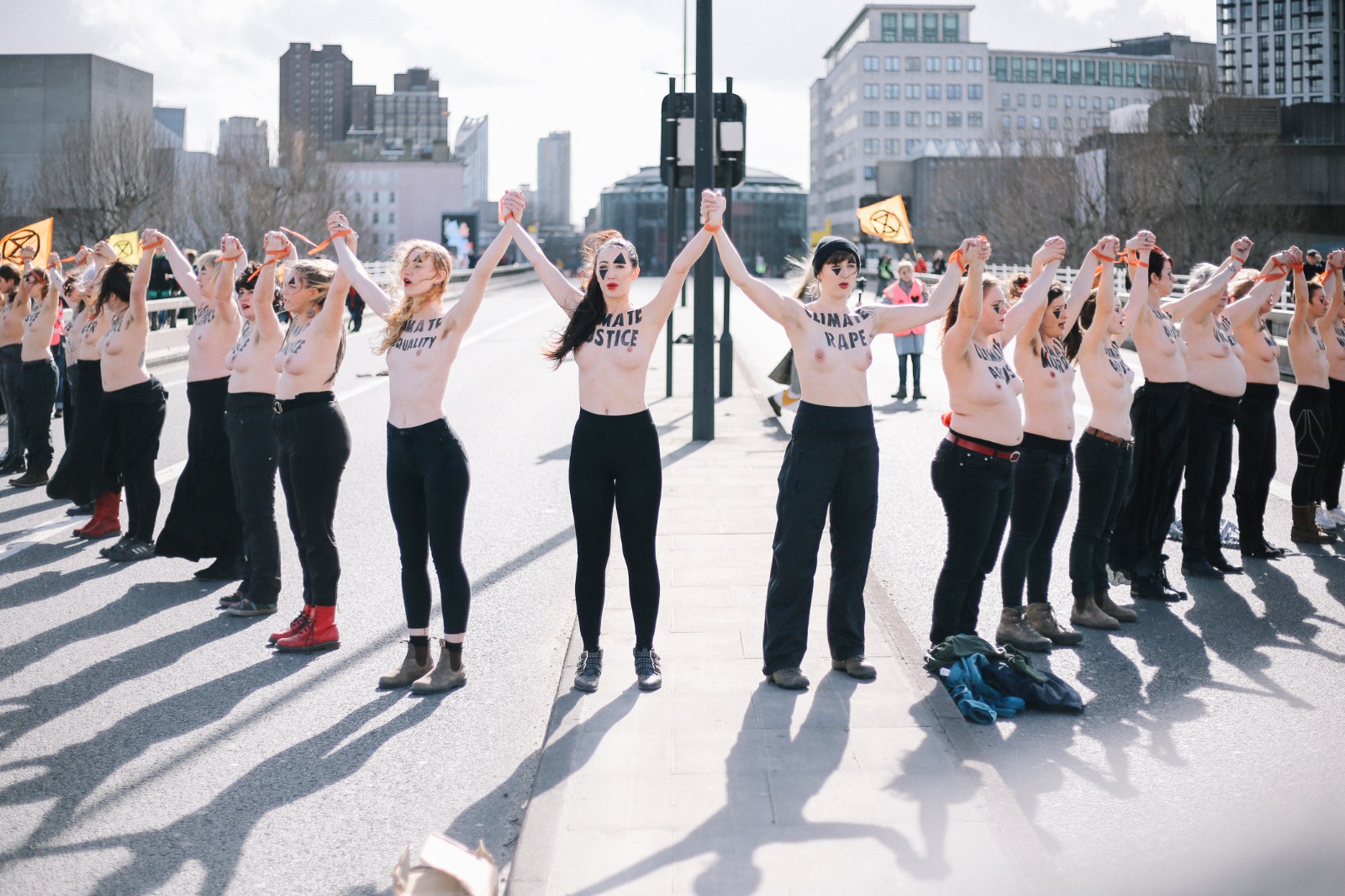The intersection of climate change, conflict, and systemic inequality manifests in a multitude of insidious ways, often disproportionately affecting women across the globe. The Baha’i teachings advocate for the inherent dignity and worth of every individual, emphasizing the importance of gender equality and social justice. In light of such principles, it becomes increasingly crucial to examine the complexities of the ongoing climate crisis and its direct repercussions on women, particularly in the context of conflict and inequality.
As the world’s climate continues to unpredictably fluctuate, societies entrenched in gender disparities find themselves ensnared in a cycle of degradation and vulnerability. The Baha’i teachings illuminate the necessity for unity and collaboration in addressing societal challenges, including environmental degradation—a challenge that is inherently linked to both social justice and gender equality. Women, particularly in developing nations, are often the first to bear the brunt of climate-related adversities, such as resource scarcity, displacement, and violence.
One of the stark realities is that women are primary custodians of water, food, and energy in many communities. With climate change exacerbating the scarcity of these vital resources, women are painfully thrust into situations of increased labor demands alongside diminished access to fundamental necessities. This vicious cycle perpetuates a form of gender-based injustice—a stark example of how climate conflict intersects with systemic inequality. The Baha’i faith posits that such inequities must be addressed collectively, with men and women collaborating to foster resilience and sustainability in their communities.
Conflict zones, already fraught with precarious security situations, become even more dangerous for women during environmental crises. Displacement due to climate-induced disasters aligns with increased incidences of gender-based violence. According to various studies, refugee women face threats from sexual violence, exploitation, and human trafficking, particularly in resource-scarce environments. The persistence of these atrocities highlights an urgent need for gender-sensitive approaches in humanitarian aid and policy frameworks—principles that align closely with Baha’i teachings regarding the equal roles of men and women in society.
Moreover, patriarchal structures often exacerbate the vulnerabilities confronted by women in these tumultuous contexts. In many cultures, women’s voices are systematically marginalized. Deprived of decision-making power, women remain excluded from dialogues surrounding climate adaptation and disaster response. The Baha’i teachings advocate for empowering women and removing barriers that hinder their contributions to society. When women are actively involved in environmental decision-making processes, the resulting policies tend to be more comprehensive, mindful of the intricacies of gender dynamics in affected communities.
The phenomenon of environmental degradation and its resulting conflicts is not merely a local dilemma but a global crisis requiring urgent collective action. Acknowledging this broader implication, the Baha’i teachings encourage a global consciousness, promoting an understanding of the interconnectedness of all human beings. This interconnectedness is crucial, especially as climate change knows no borders and disproportionately impacts marginalized communities, particularly women.
In addition to this, traditional gender roles play a significant role in how women experience the ramifications of climate conflict. Women are often tasked with the burdens of familial care and subsistence, making their plight uniquely precarious during times of scarcity. When ecosystems collapse, women’s responsibilities become insurmountable—yet their opportunities for relief and participation in the recovery process remain limited. The Baha’i faith emphasizes the importance of justice and equity, necessitating a paradigm shift in how societal structures accommodate the unique challenges faced by women in times of climate crisis.
Furthermore, the impacts of climate change extend into the economic domain. Women often find themselves with limited access to financial resources, education, and employment opportunities, compounding their vulnerabilities during climate-induced crises. Economic inequality is a significant barrier, rendering women less capable of investing in adaptive technologies or creating sustainable livelihoods. Baha’i teachings advocate for economic systems that are equitable and inclusive, echoing the necessity for women to be fully integrated into economic and environmental planning and innovation.
It is essential to realize that the climate struggle is inextricably woven into the fabric of social justice. The Baha’i framework provides a moral compass, guiding ethical behavior that champions gender equality and environmental stewardship. As nations grapple with the challenges posed by climate change and conflict, there exists a profound opportunity to revisit social constructs and embrace transformative approaches prioritizing inclusivity and sustainability.
In conclusion, addressing the dual crises of climate change and gender inequality is not merely an ethical imperative but a vital necessity for achieving a sustainable future. The teachings of the Baha’i faith advocate for a holistic approach that recognizes the interconnected nature of these issues. By empowering women and ensuring their voices are not just heard but prioritized in decision-making processes, society can progress toward a more equitable and resilient world. To combat the systemic injustices faced by women in contexts of climate conflict, we must engage every individual in the noble pursuit of justice, ensuring a harmonious coexistence with both the environment and each other.
